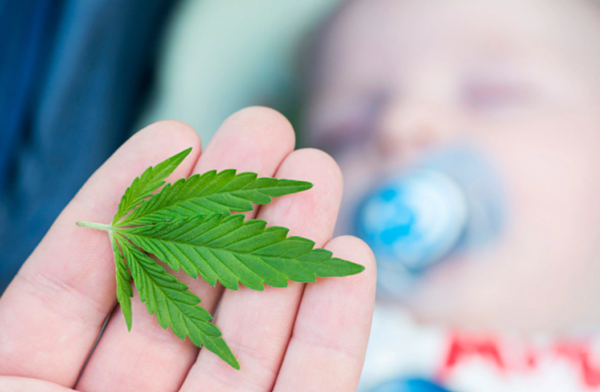
The children of mothers who used cannabis during pregnancy had a heightened risk of developing behavioral or mental health problems, a cross-sectional study found.
Compared to unexposed children, kids who had an in utero exposure to marijuana were more likely to develop a range of adverse outcomes in childhood, including psychopathology, reduced cognition, and lower brain volume, according to Ryan Bogdan, PhD, of Washington University in St. Louis, and colleagues.
Although children exposed at any stage of pregnancy were at a slightly increased risk for several adverse outcomes, those who were exposed after their mothers learned they were pregnant were at a significant risk of psychotic-like experiences, impulsivity and attention issues, and social challenges, the researchers wrote in JAMA Psychiatry.
“Prenatal exposure to cannabis was associated with a host of adverse outcomes in childhood,” Bogdan told MedPage Today in an interview. When Bogdan’s group controlled for confounders, the risks associated with cannabis use before a mother learned of her pregnancy went away, he said, raising the possibility that associations in early pregnancy are not causal.
But after adjustment, when the researchers looked at cannabis exposure in the later stages of pregnancy — when a mother learned she was pregnant — the associations between cannabis exposures and psychopathology remained robust.
“That raises the possibility that prenatal cannabis exposure in the later stages of pregnancy could potentially have a causal impact,” Bogdan said.
This article was written by Amanda D’ambrosio, originally posted on medpagetoday.com. To view it in its entirety, click here.

